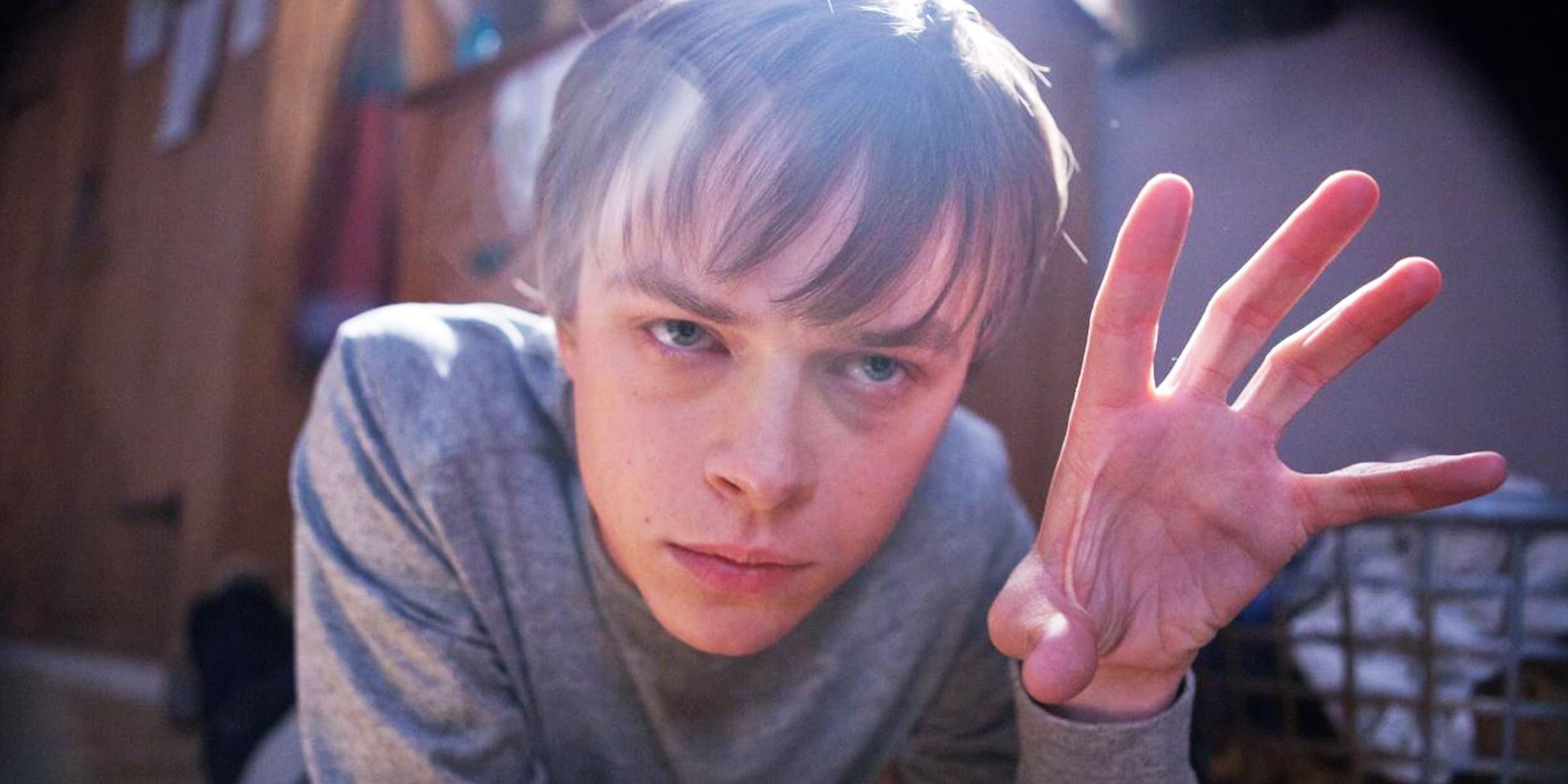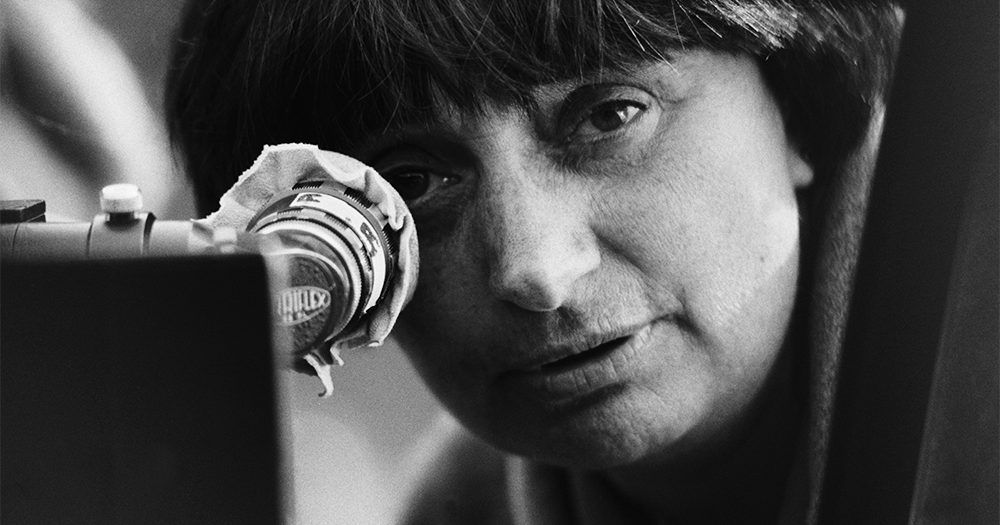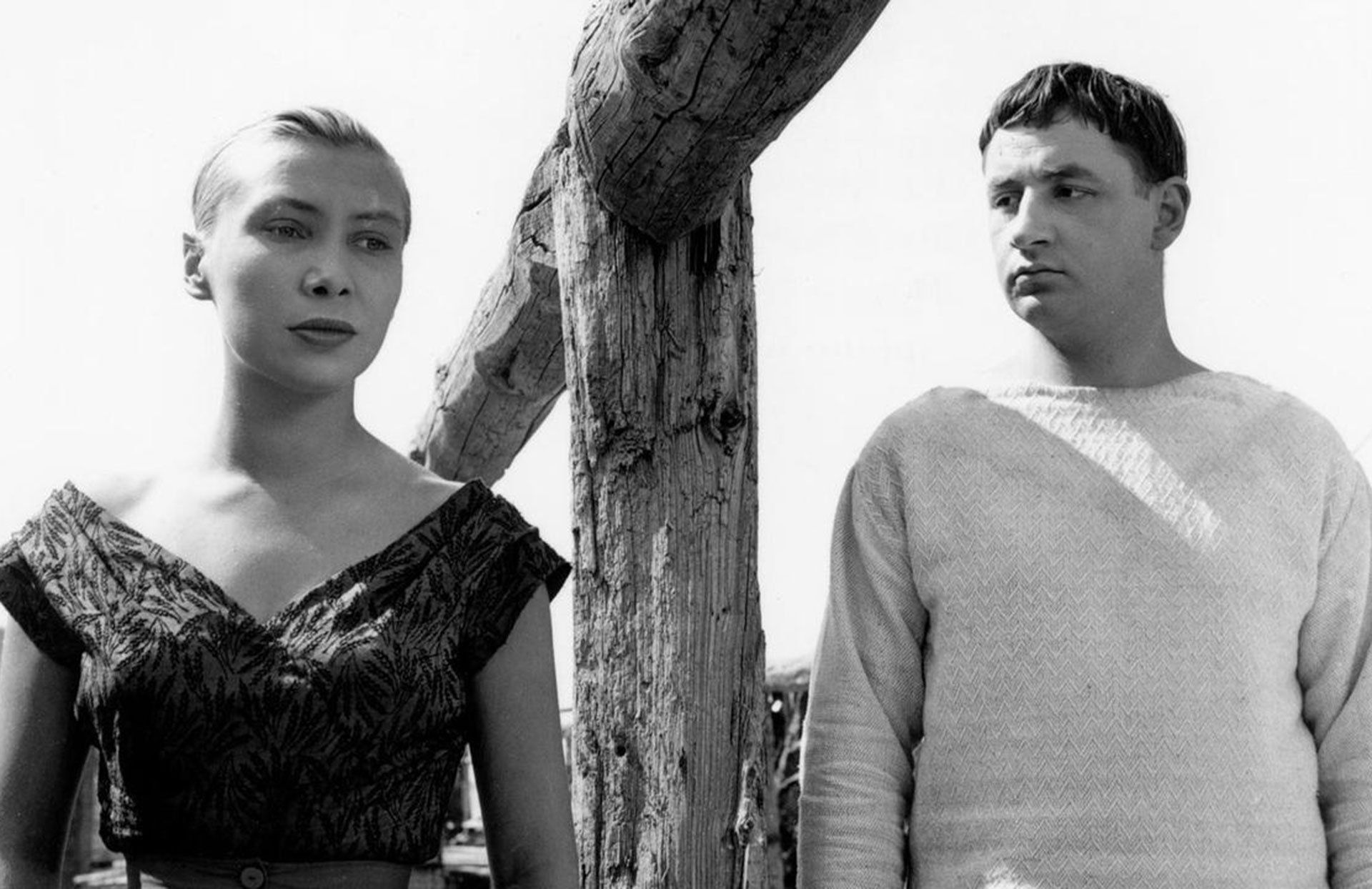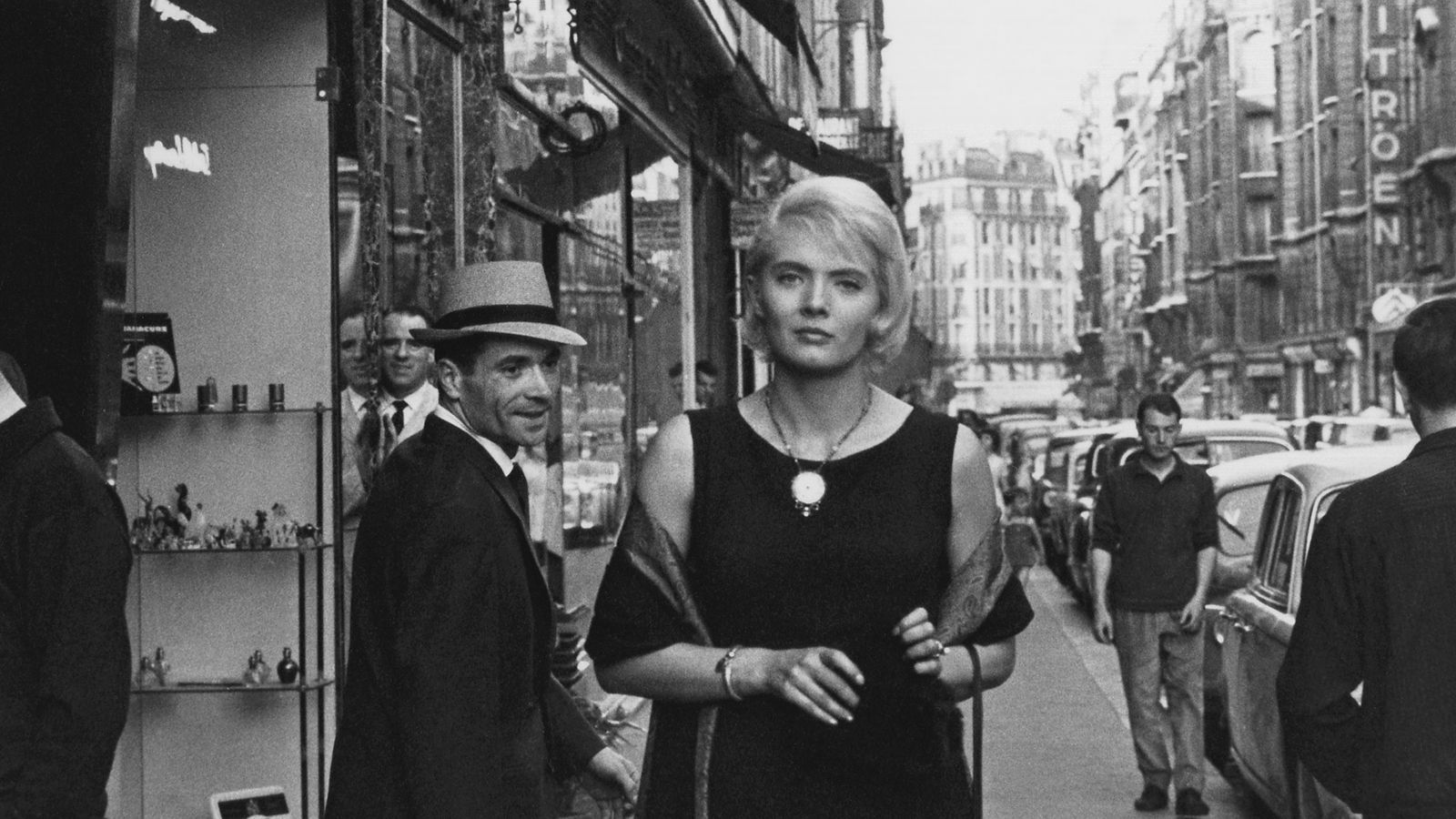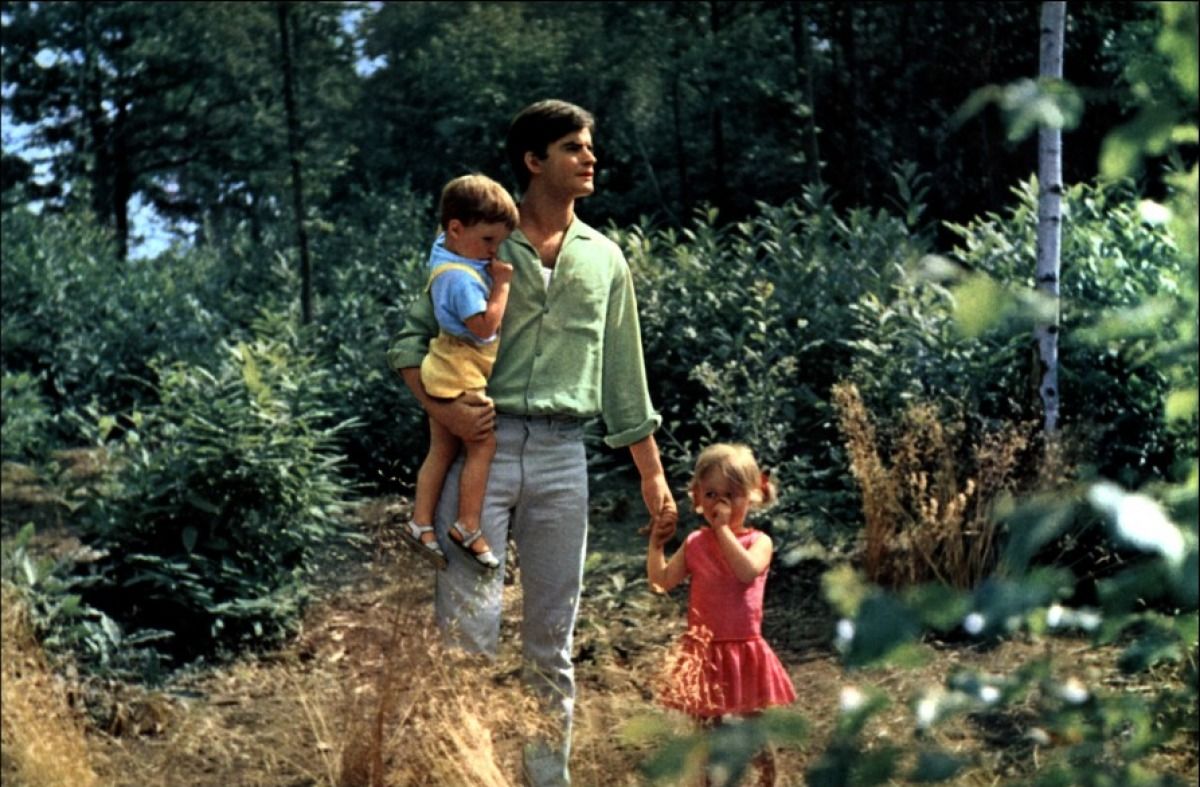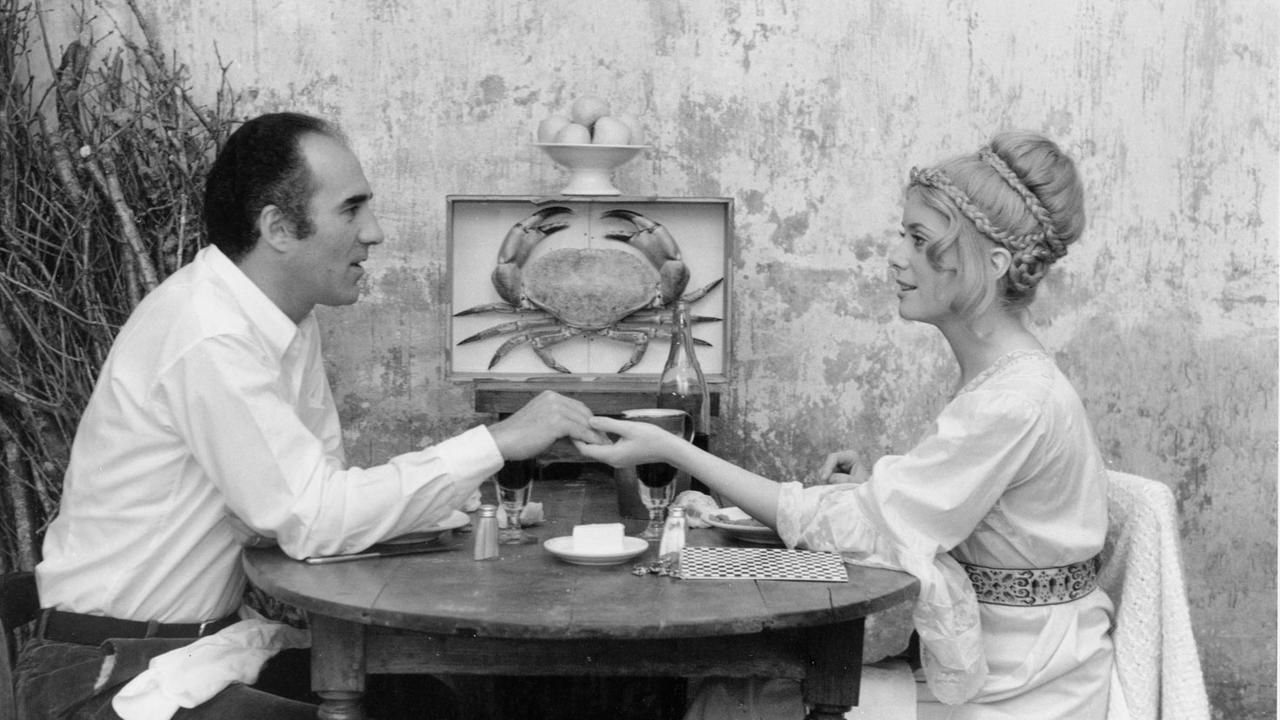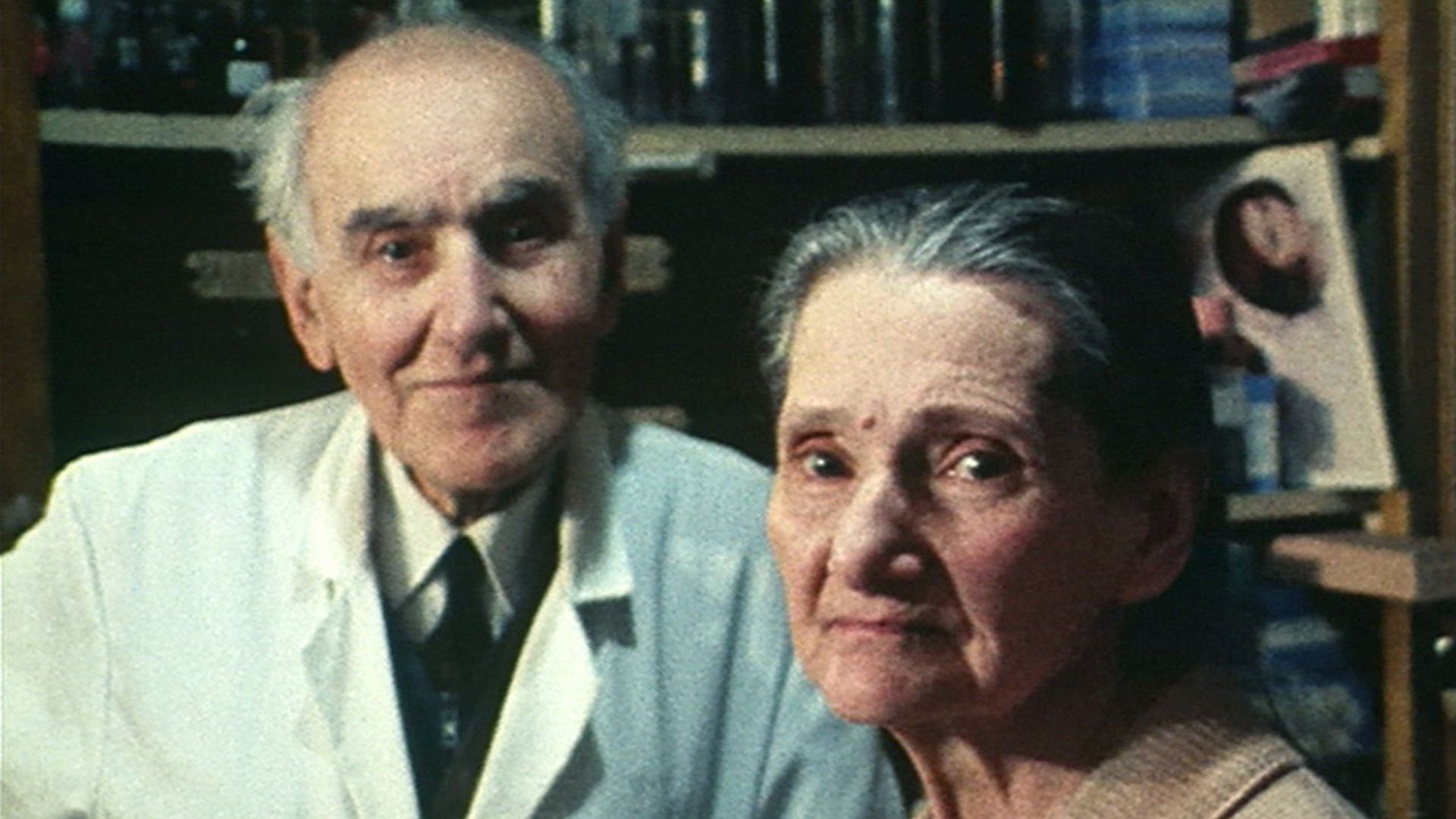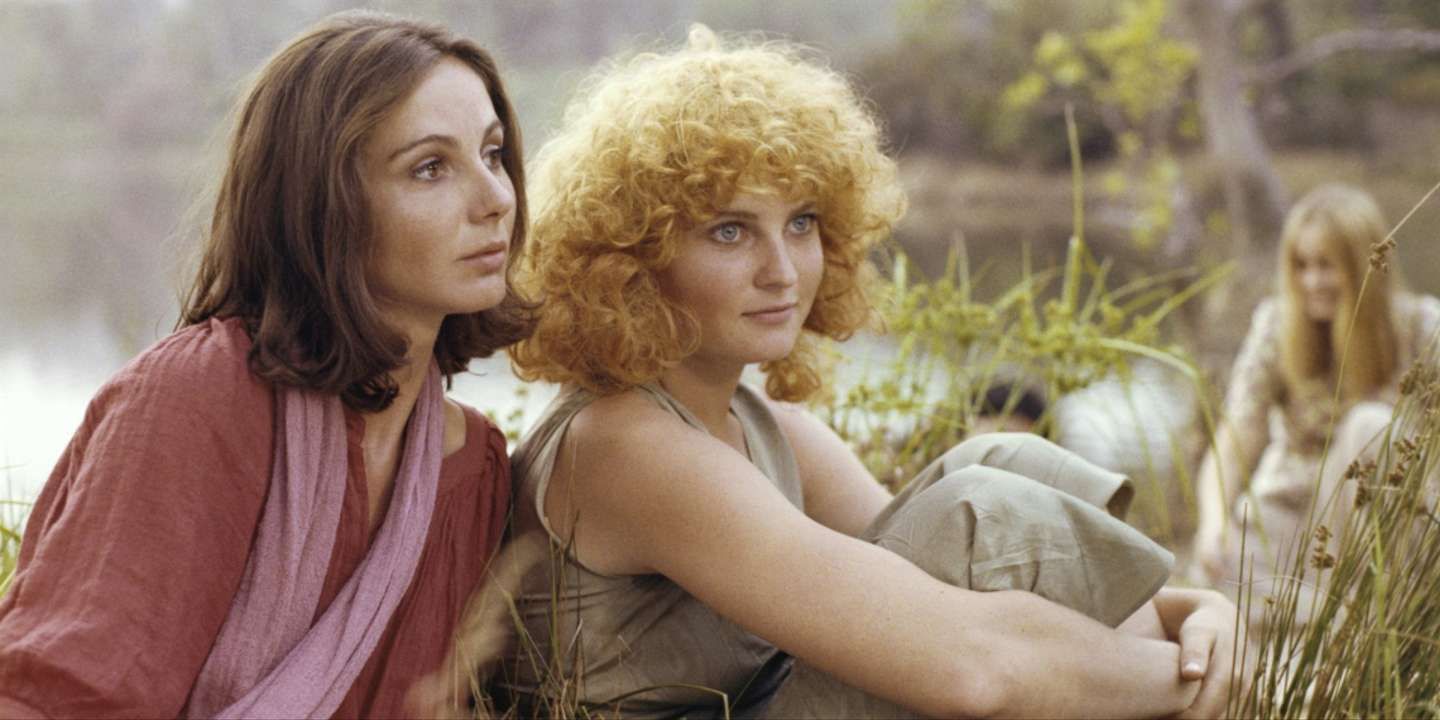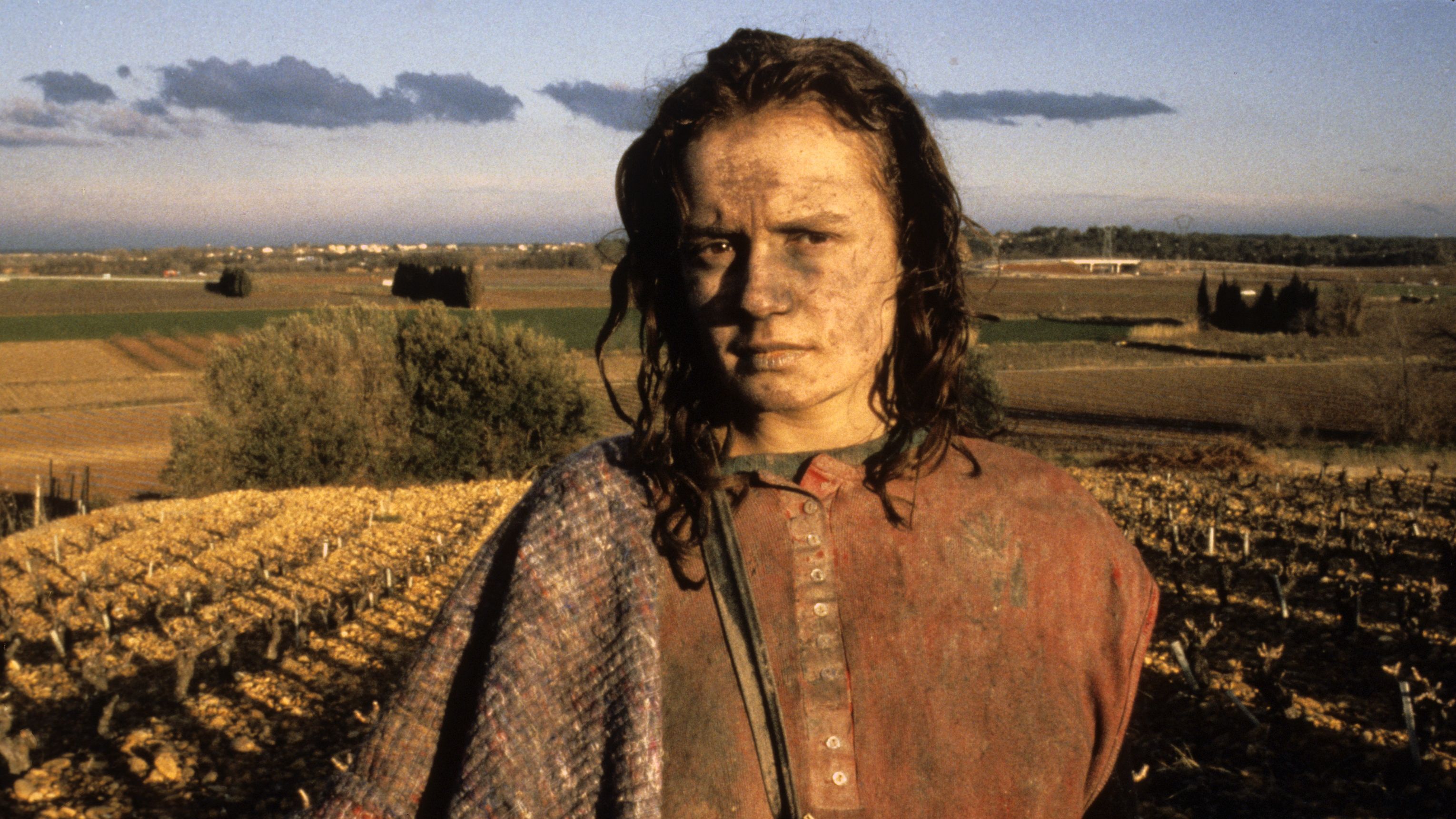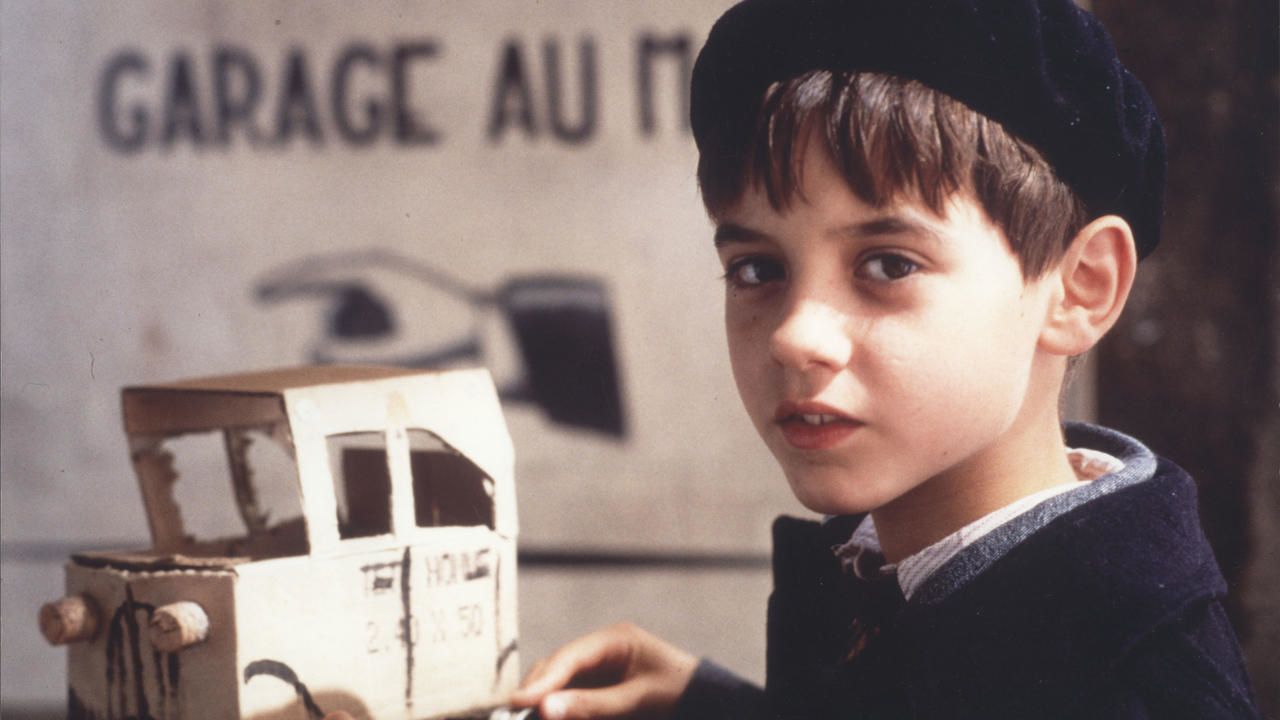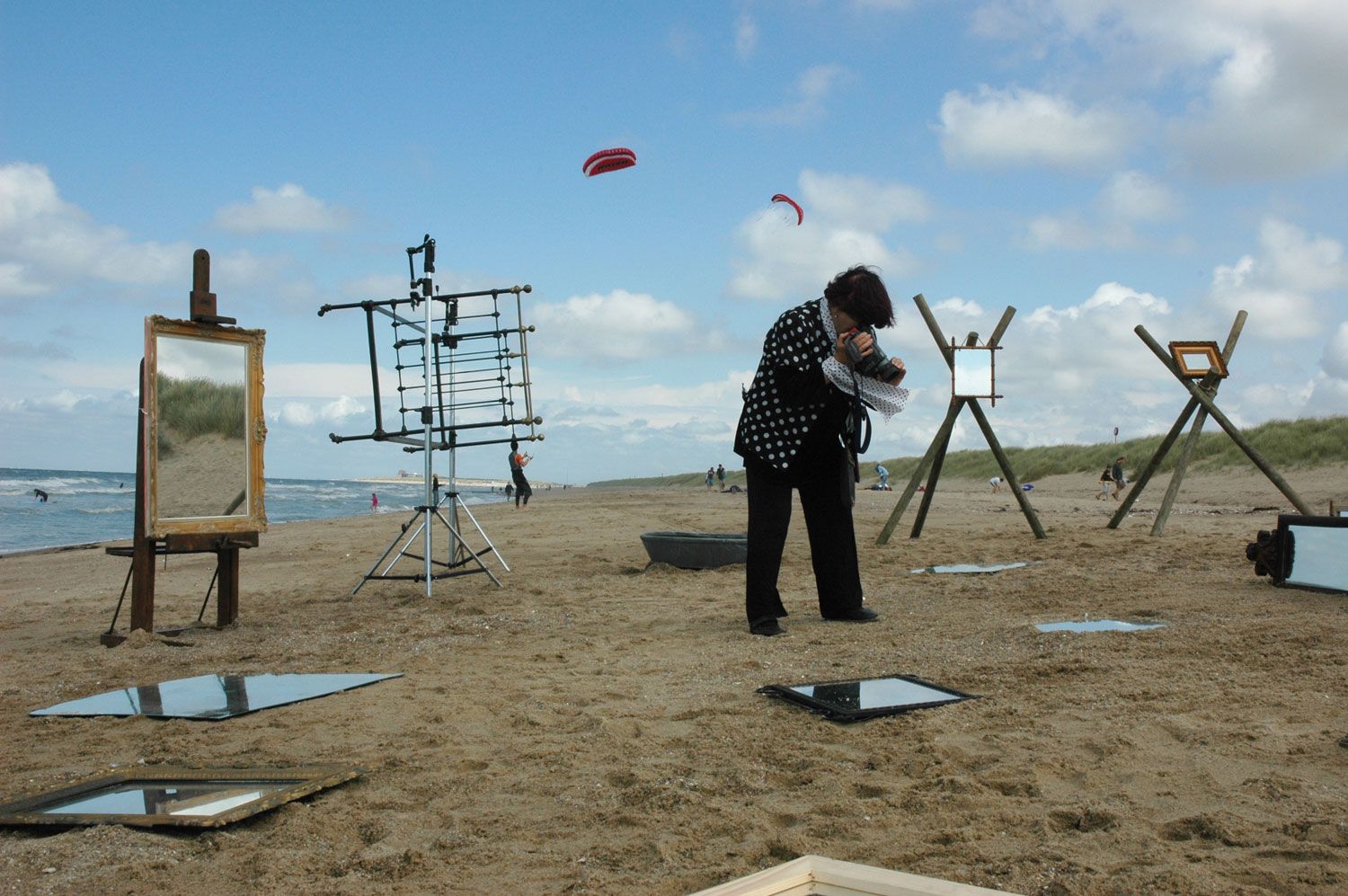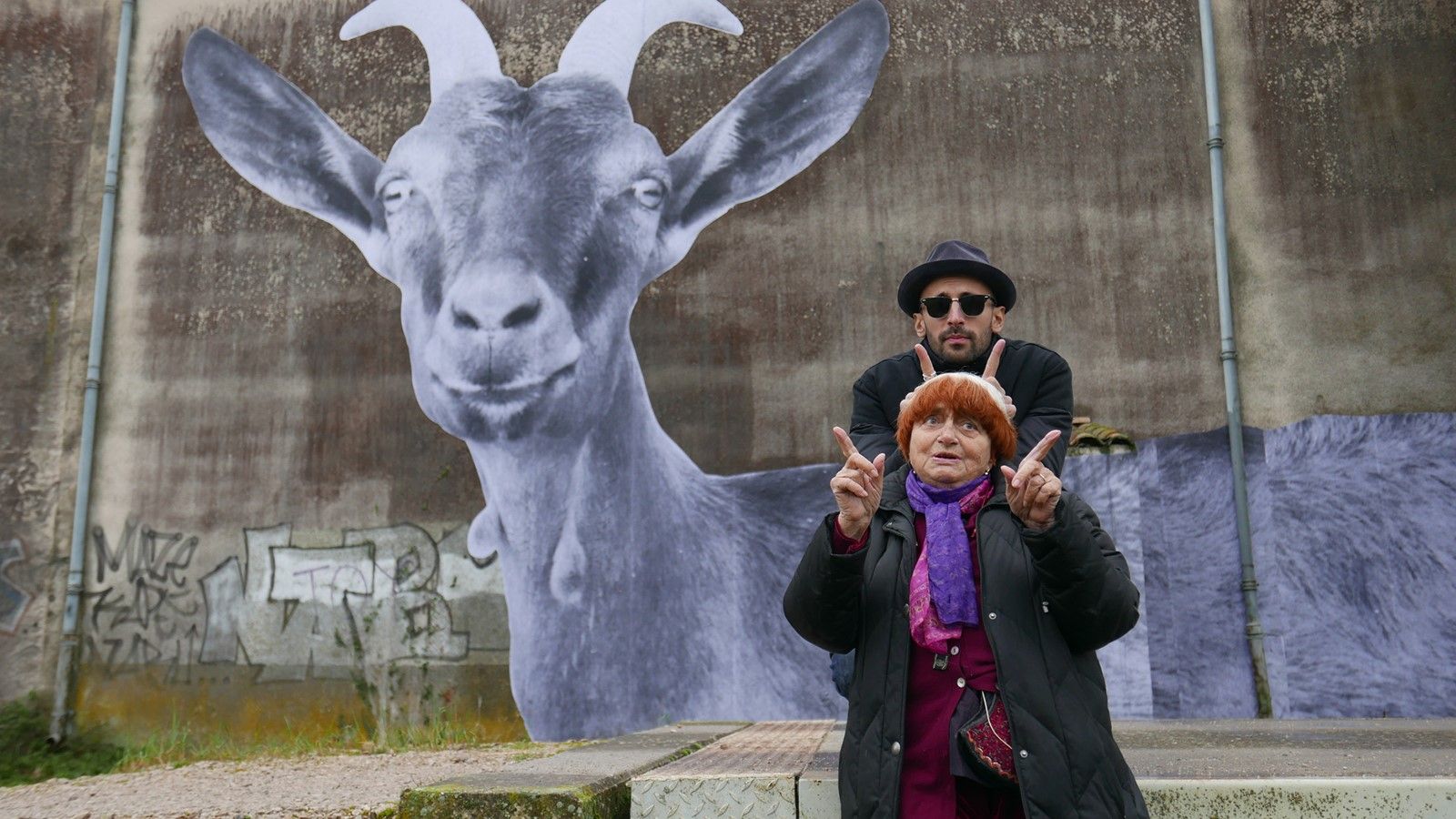Related
Agnès Varda die on March 29th at the ripe old age of 90 , leaving behind a formidable filmography span six 10 . acknowledge affectionately as the “ grandmother of the New Wave , ” she was a pioneer in the universe of a truly female cinematic language and voice .
La Pointe Courte(1956)
Varda ’s career begin in when she transition from still photography to film with this study of a married couple gone to pot . Juxtaposing the struggles of a couple ( Silvia Monfort and Philippe Noire ) reconsidering their relationship with a docu - way realistic depicting of the day - to - 24-hour interval trial and visitation of the locals in the bantam fishing Greenwich Village in which they live , Varda ’s desire to depict the world as she saw it around her rather than cleave to classical standards was first crystallize here , andLa Pointe Courteis now considered one of the progenitors of the French New Wave .
Cléo de 5 à 7(1962)
It ’s disputable that in Corinne Marchand ’s singer , drifting throughout Paris awaiting the result of a biopsy , Varda created the first cinematic rendering of a truly distaff gaze . open in material time ( give or take thirty arcminute ) , the managing director ’s first bona fide chef-d’oeuvre chart Cléo ’s arrive to terms with her mortality in the blend of verité style and dramatic play she hatch inLa Pointe Courte .
Unlike lead ladies in the works of Varda ’s manful contemporaries , Cléo is an objectified adult female who is looked upon , but chameleonic and unknowable to all but the viewer through the filmmaker ’s cinematic eye , which is fully a projection of her workaday heroine ’s view and emotional landscape .
Le Bonheur(1965)
In this provocative narrative of a young father , François ( Jean - Claude Drouot ) who engages in an extramarital affair with an attractive postal doer , Varda uses an unexpectedly blithe feeling to make mock of and critique the ego - center , pleasance - try tendency of men at the disbursement of their wife .
When Françoise reveals his infidelity to his married woman , Thérèse ( Claire Drouot ) , and assures her that there ’s enough of him for both of them , she kills herself in shame , after which he re - tie the postal worker and romps through cheery , autumnal fields and forests with she and the kids . Varda ’s bite anti - drollery is a gynocentric incubus in which felicity is a finite resource strung-out on marital stability , but for Isle of Man , “ le bonheur ” flows free , and there ’s always more just around the corner .
Les Créatures(1966)
Despite star two of France ’s heavy stars ( Catherine Deneuve and Michel Piccoli ) and shoot down smack dab in the heart of the New Wave , Varda ’s fourth lineament film was a failure upon release and is still underseen and appreciated – so much so that the conductor , herself subsequently “ recycled ” it into a successful instalment slice .
Yet , this story of a fair sex who has lost her voice in a railroad car accident and communicates with her science fable generator husband through writing was in front of its time , a predecessor to the work of such director as Spike Jonze and Charlie Kaufman . Hypnotic and subliminal , full of jarring insert and realism - bending digression , Les Creaturesis a metafictional reflection on creativity and how realness can turn away , blend in , and break in the thinker of the artist .
Daguerréotypes(1976)
In this documentary portrait of the market keeper in Rue Daguerre , Varda narrate a tour through the Paris region that was her home for over 50 years . As she observes and documents the traditional crafts and trades of the locals , she creates a sense of the joyously passing in fete a style of life that has all but disappear .
As in so many of Varda ’s documentaries , the whole is big than the parts , and her daily cataloging of these quaint Parisian mass is an exercise in secular humanism that catch the magic of the everyday .
L’Une Chante, l’Autre pas (1977)
In some fashion , this characteristic - length thesis and rally outcry is Varda ’s most overtly feminist work , placing the fight for women ’s rights centre point by follow the lives of two friends ( Thérèse Liotard and Valérie Mairesse ) over the enactment of fifteen years .
Laid back and meandering , this gentle series of vignettes champions female agency and treats both of the lead ’s respective journeys as evenly vital and valid . Abortion , activism , and female friendship are Varda ’s concerns here , but she makes it all go down so tardily with brainpower , temper , and a little medicine in what may be her most charming ( but no less of import ) cinematic try .
Sans Toit ni Loi(1984)
This dystopic speculation on freedom begins with the frostbitten body of a untested drifter in a ditch ( Sandrine Bonnaire ) and then twist back the clock to piece together the issue that lead to her death .
narrate by a largely non - professional cast playing those who encountered the deep wanderer in a pseudo - documental style , the moving picture is a neo - realistic survey of a new fair sex who places personal self-reliance above all else . Varda nabbed the top prize at the Venice Film Festival for this austere and poetical stunner , and Bonnaire received a César for her enigmatical performance .
Jacquot de Nantes(1991)
Varda evokes her husband Jacques Demy ’s formative years and celebrates his contribution to a cinema in this achingly personal tribute to a fellow filmmaker and life partner .
A similarly underappreciated luminary of Gallic movie theatre , Varda ’s collage - similar approach retells his childhood through fictional recreations and weaves in clips from his films and infotainment interlude from the dying Demy for a propel and affectionate tribute to his life and work . A cinematic love - poem unlike any other .
Les Plages d’Agnès(2008)
All good filmmakers ’ body of work is a reflection of themselves , but Varda is one of the few cinematic artists whose body of piece of work is truly anextensionof herself . Made at the years of 80 , this imaginative visual autobiography is warm , impactful silly , and satisfy with setpieces of whimsy and wonderment .
For most artists , the whimsy of create a documentary about one ’s own life would seem like a ludicrously self - aggrandise move , but Varda is the topic that she , herself knows best . Les Plages d’Agnèsis a tapestry made of store that makes a case for artists tell their own floor , at least if they ’re as smart and self - musing as Varda .
Visages Villages(2017)
ThisOscar - nominated bad-tempered - generational route documentary attend Varda join the much - youthful lensman “ JR ” on a route trip through rural France that ’s soulful , judicious , and the perfect send - off to her stain of art . As the duo traverses the countryside photographing locals , the themes that have always possessed Varda – populism , women’s liberation movement , creativity , impermanence – prove as engaging and embarrassing as ever , but its the unexpected friendship at its gist that is the key to the film ’s pleasure and system of weights .
Seeing ourselves on silver screen , celebrating the plurality of human identity operator and embracing the diversity of lived experience is what cinema is all about , and for a director who did more than any other to corroborate the female view on film , her terminal documentary is a gleeful and affecting swan - birdcall that remind us that that the bold piece of art a human can make is a aliveness well - lived .
NEXT:10 Must - See Horror Movies By Female Directors

